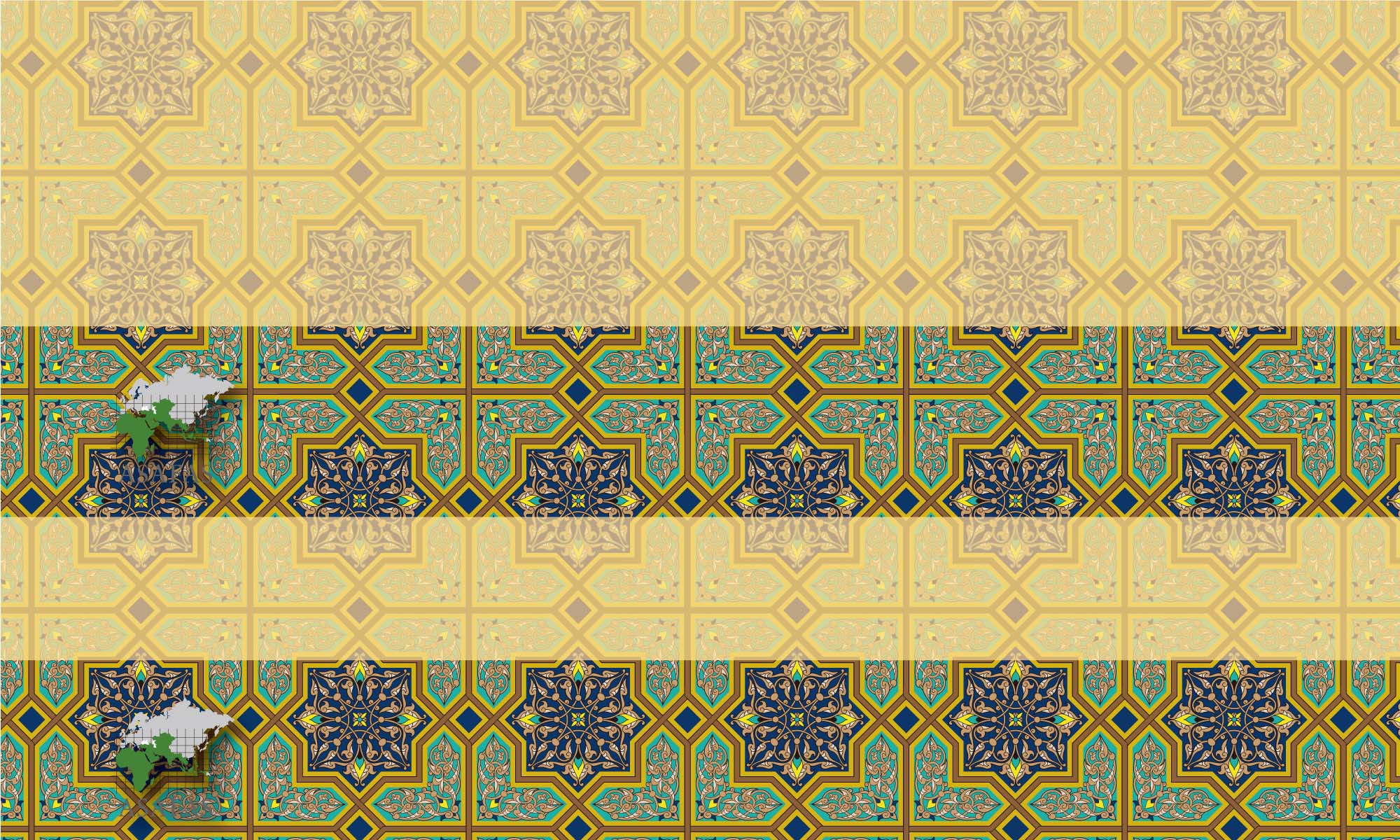The Kenan Rifai Center for Sufi Studies, and Uskudar University Institute for Sufi Studies held the Joint Seminar “Bridging Mystical Philosophy and Arts in Sufism: Poetry, Music and Sama’ Ritual” as follows. (This Joint Seminar was as part of the “Comprehensive Study of Sufism: Through Metaphysics, Literature, Music and Rituals” (Fund for the Promotion of Joint International Research(B) (International Collaborative Research) ), 21KK0001, JSPS ).
Date: August 28th Monday, 2023, 10:00-19:00
Venue: Nermin Tarhan Hall, Uskudar University
Program
Opening Session
Welcoming Speeches: Cemalnur Sargut
Yasushi Tonaga, Ph.D., Prof.
“Aim and Scope of the Joint Research ‘Comprehensive Study of Sufism: Through Metaphysics, Literature, Music, and Rituals”
Mahmud Erol Kılıç, Ph.D., Prof.
Hikmet Koçak, MD. Prof.
Session1Mystical Thought of Sufis
Chairperson: Kenan Gürsoy, Ph.D., Prof.
Petek Kutucuoğlu, MA.Stu.
“Ahmed Avni Konuk’s Mathnawi Commentary and the Concept of Predisposition”
Azusa Fujimoto, Ph.D.-C.
“New Spirituality and Sufism in Turkey: Focusing on Western Interpretations of Mawlana”
Reşat Öngören, Ph.D., Prof.
“Dimensions of Sufi Thought in Mawlana Jalal al-Din Rumi”
Session 2 Literature of Sufism
Chairperson: Masayuki Akahori, Ph.D., Prof.
Yasushi Tonaga, Ph.D., Prof.
“Arts of Literature, Music and Rituals in Buddhism”
Emine Yeniterzi, Ph.D., Prof.
“Mawlana Jalal al-Din Rumi’s Influence in Turkish Sufi Literature: Stories from Mathnawi”
Session 3:Sufi Music
Chairperson: H. Dilek Güldütuna, Ph.D., Asst. Prof.
Manami Suzuki, Ph.D., Asst. Prof.
“Ney in Mevlevi: Forming the Religious Specificity through the Image and Practice”
V. Emre Ömürlü, Ph.D., Prof. (Ph.D.-C)
“Mawlawi Collations (Muqabalah) in Mawlawi Rites and Types of Practicing Dhikr in Some Tariqas”
Session 4:Ritual of Sufism
Chairperson: Yasushi Tonaga, Ph.D., Prof.
H. Dilek Güldütuna, Ph.D., Asst. Prof.
“Wayfaring (Sayr wa Suluk) Symbolism in Sama’ Ritual”
Masayuki Akahori, Ph.D. Prof.
“Reviewing Anthropology of Sufism: Changing Perspectives”
F. Cangüzel Güner Zülfikar, Ph.D., Asst. Prof.
“Mawlawi-khanas as Civilized and Civilizing Spaces”
General Discussion:
Towards a Comprehensive Understanding of Sufism
Chairperson: F. Cangüzel Güner Zülfikar, Ph.D., Asst. Prof.





















































